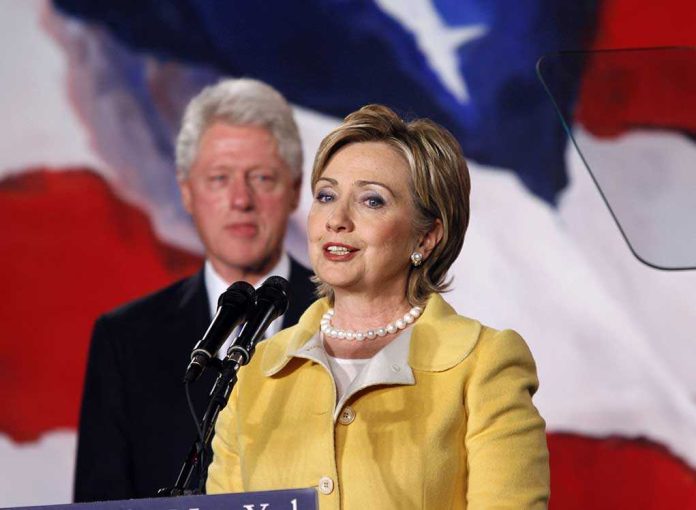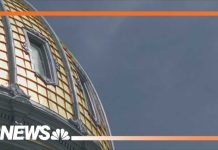
Newly uncovered emails reveal Jeffrey Epstein’s deep ties to the Obama-era White House legal counsel, raising serious questions about governmental oversight and accountability.
Story Highlights
- Epstein’s connections to the Obama White House legal counsel have surfaced through newly released emails.
- The emails suggest a deeper relationship than previously disclosed, sparking concerns about potential influence.
- Former officials deny any improper conduct, but the revelations have reignited debates on accountability.
- Congressional hearings and media investigations are underway to explore the depth of these connections.
Epstein’s Unprecedented Access to Legal Counsel
Recently released emails have shed light on Jeffrey Epstein’s extensive communications with senior legal officials in the Obama-era White House. These emails, uncovered through Freedom of Information Act (FOIA) requests, suggest a far deeper relationship between Epstein and the legal counsel than was previously known.
This revelation has prompted questions about Epstein’s influence within the highest levels of government, and whether his connections affected policy or legal decisions at the time.
Epstein, a financier and convicted sex offender, was known for his vast network of contacts among influential figures, including politicians and business leaders. The Obama White House legal counsel, responsible for advising the President on legal matters, is a particularly sensitive office for such connections.
The recently surfaced emails indicate direct communications regarding legal advice and potential policy discussions, raising alarms about the vetting process and the potential for elite influence over public institutions.
Government and Public Reactions
In response to the revelations, former officials from the Obama administration, including Kathryn Ruemmler and Neil Eggleston, have denied any improper conduct. They emphasize that all interactions were professional and adhered to White House protocols.
Meanwhile, the Department of Justice has confirmed that it is reviewing the newly released documents, although no formal charges have been filed as of now.
The media and public interest in the story have intensified, leading to calls for congressional hearings to further investigate the implications of these findings. The scrutiny has sparked a renewed debate over government accountability and the procedures for vetting individuals who gain access to the White House.
As these discussions unfold, there is a growing call for reforms to ensure transparency and integrity in governmental operations.
Implications for Transparency and Accountability
The short-term impact of these revelations includes increased scrutiny of former Obama-era officials and a renewed public debate over the procedures for vetting and accountability.
In the long term, these events may lead to legislative actions aimed at enhancing transparency and access protocols within government institutions. Additionally, the story underscores the importance of maintaining public trust in government by safeguarding against undue influence by elite networks.
The exposure of Epstein’s connections to the legal counsel has broader implications for the legal and political landscape, emphasizing the need for reforms that ensure ethical standards and transparency.
As investigations continue, the nation watches closely, mindful of the lessons this episode imparts about power, influence, and accountability in our political system.
Sources:
The Wall Street Journal, “Epstein’s White House Connections: Newly Released Emails,” October 2025.
The New York Times, “Obama Legal Counsel and Epstein: What the Emails Reveal,” October 2025.
Reuters, “Epstein Documents: Congressional Response,” November 2025.
ProPublica, “FOIA and the Epstein Network,” September 2025.




